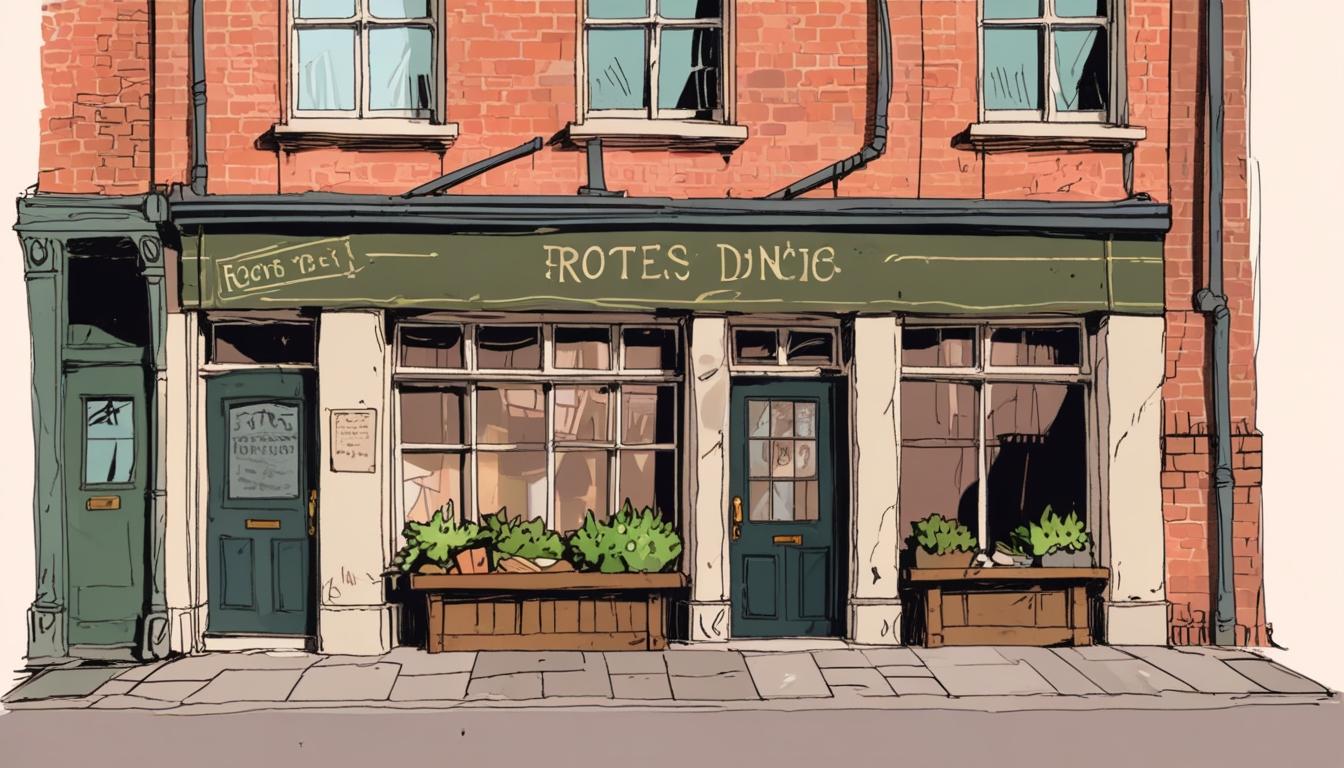A renowned food development and production firm, Roberts of Port Dinorwic, which has been an integral part of the UK food supply chain for nearly a century, is facing imminent collapse. The company, established in 1924 by Thomas Roberts, initially specialised in pork pies within a modest butcher's shop. Over the decades, it has expanded its operations significantly, now supplying major supermarkets and restaurants across the UK, yet it now finds itself in peril, with over 90 jobs at stake.
The firm's current predicament is largely attributed to the harsh economic landscape confronting the food production sector. Directors Sara Roberts and Miriam Williams have cited soaring ingredient costs, which have increased by a staggering 40-60%, alongside rising operational expenses. The compounded pressure of fluctuating prices from suppliers and a shift in customer contract structures has rendered effective long-term planning almost impossible for smaller firms like Roberts. "These dramatic increases, coupled with short-term pricing from suppliers and shorter contract lengths from our customers, have made it almost impossible for a business of our size to plan effectively," Sara Roberts noted.
This situation is echoed across the food industry, where smaller suppliers are increasingly facing financial distress. Welsh Bros Foods in Newport recently entered administration, resulting in the loss of 29 jobs, after experiencing a decline in turnover over 18 months despite attempts to adjust its business model to meet market demands. Similarly, the GRH Food Company, known for its cheese production in Snowdonia, ceased operations following the redundancy of 82 workers due to rising costs and unsuccessful acquisition efforts.
The climate for food producers has become increasingly tempestuous as larger supermarket chains engage in aggressive price wars. According to research from business recovery specialists Begbies Traynor, many food suppliers are at risk of failing in this highly competitive environment, struggling to meet the demands of larger retail partners who increasingly exert pressure for lower prices. This has made sustainability a significant challenge for smaller entities unable to absorb such costs.
Roberts and Williams maintain a glimmer of hope, seeking a buyer in the hope that a strategic partner from the food production or retail sectors could facilitate the company's survival. "We have a limited runway to make this happen, but we are committed to finding a solution," Miriam Williams stated. The firm’s strong customer relationships and dedicated workforce position it as an appealing candidate for acquisition.
The recent sale of the Bodnant Welsh Food Centre following its administration and ongoing discussions surrounding the acquisition of local supermarkets further underscore the precarious state of food suppliers in the region. As Roberts seeks a viable path forward, the plight of its workforce and the potential loss to the local economy hangs heavily in the balance. With the appointment of accountancy and consultancy firm BDO LLP to oversee the sale process, the urgency to secure a buyer is palpable, making any potential closure a last resort for this storied company.
As the food production sector continues to face significant disruptions, the story of Roberts of Port Dinorwic is emblematic of broader industry challenges. The firm’s future will ideally provide insights not only into the fate of its employees but also into the evolving dynamics of food supply within the UK.
Reference Map
- Paragraphs 1, 2, 3, 4, 5, 6, 7
- Paragraph 6
- Paragraph 6
- Paragraph 6
- Paragraph 6
- Paragraph 6
- Paragraph 6
Source: Noah Wire Services
